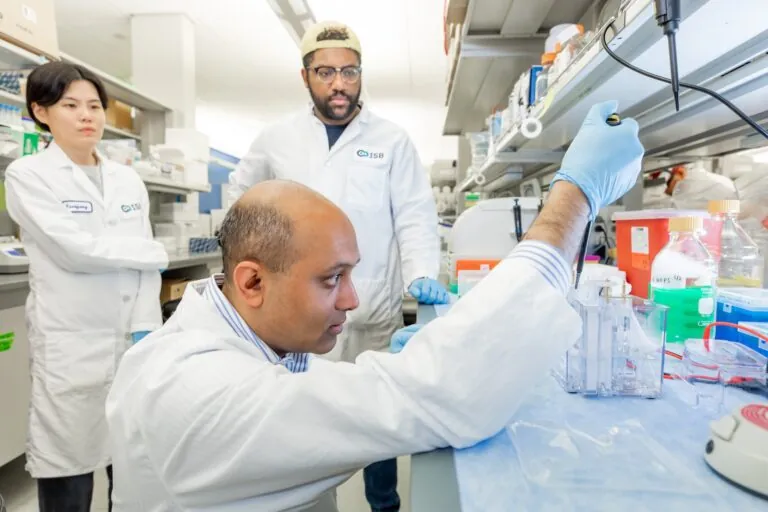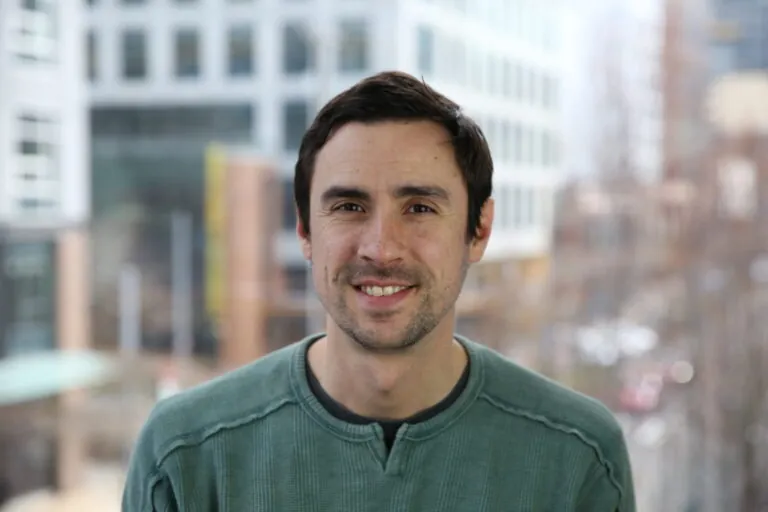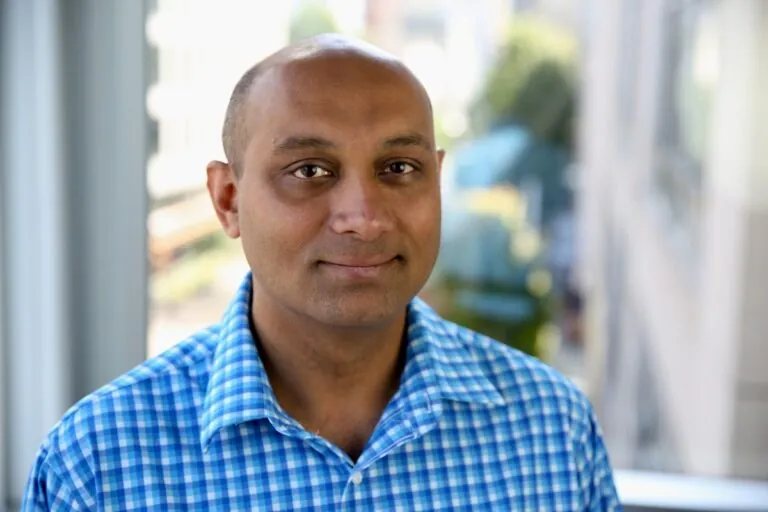
2024 Year in Review
Reflecting on the past year, ISB has a lot to celebrate: groundbreaking research published in leading scientific journals, well-earned promotions, widespread media coverage, and more. Enjoy our year-in-review roundup highlighting some of the important, interesting, and impactful highlights of 2024.



